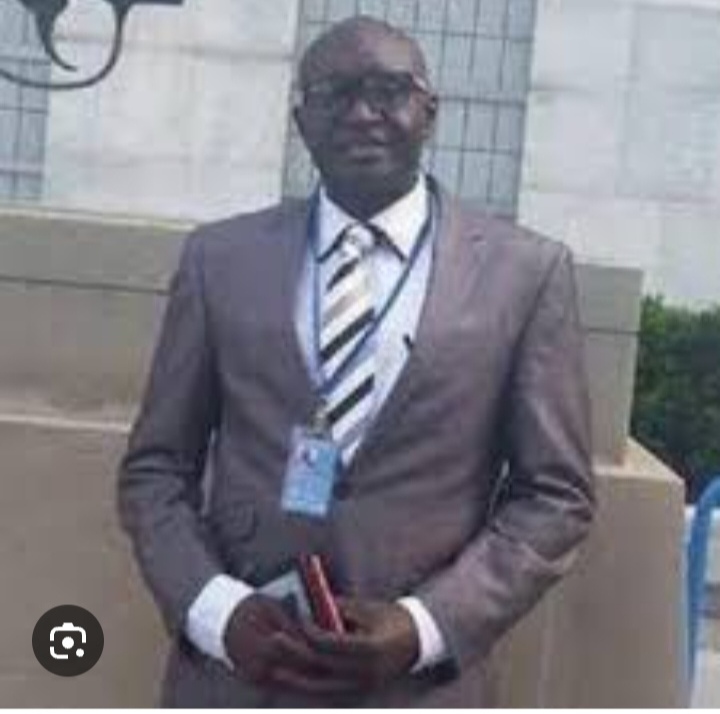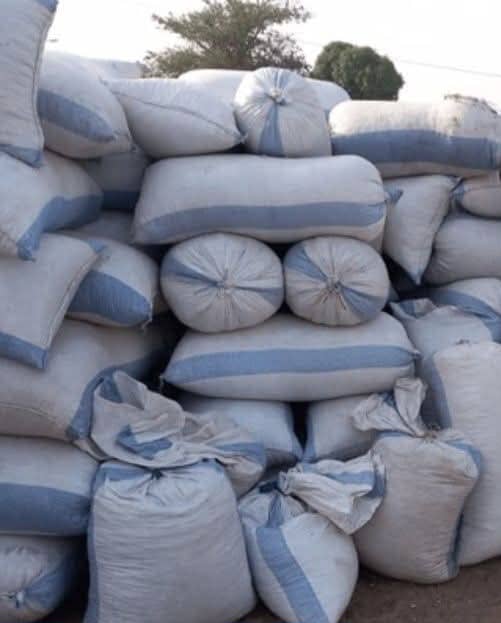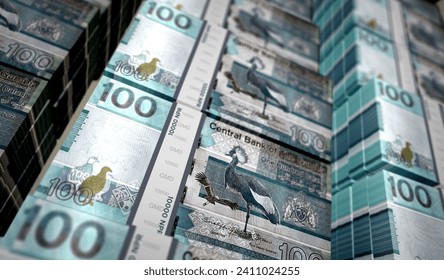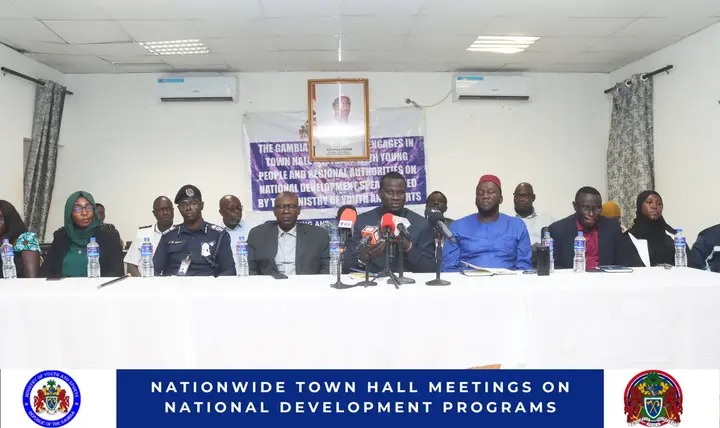Column
By Retired Lt. Colonel Samsudeen Sarr
Departing from the traditional practice of inviting a diverse array of foreign heads of state to attend U.S. presidential inaugurations, the organizing team for Donald Trump’s inauguration on January 20, 2025, has curated a list of invitees that offers significant insight into the administration’s prospective foreign policy. The roster highlights an alignment with ideologically similar leaders and signals both tacit endorsements and explicit exclusions that may shape diplomatic relations in the years ahead.
The invitees predominantly comprise right-wing populists whose policies and rhetoric closely mirror Trump’s own. Among them is Argentina’s President Javier Gerardo Milei, whose libertarian and anti-establishment positions have earned him consistent praise from Trump since Milei’s election on December 10, 2023. Italy’s Prime Minister Giorgia Meloni, a vocal supporter of Trump, is also on the list, though her attendance remains contingent on her official schedule. Other prominent figures include Tom Van Grieken, chairman of Belgium’s Vlaams Belang party; Éric Zemmour, leader of France’s nationalist Reconquête party; Tino Chrupalla of Germany’s Alternative for Germany (AfD); Santiago Abascal, president of Spain’s Vox party; and Nigel Farage, leader of the populist Reform UK party. Together, these figures reflect a shared ideological commitment to nationalism and anti-globalism, values that have become hallmarks of Trump’s political ethos.
Beyond this core group of ideological allies, the list also includes Ecuadorian President Daniel Noboa, India’s External Affairs Minister Subrahmanyam Jaishankar, and Japan’s Foreign Minister Takeshi Iwaya, signaling strategic outreach to key regional players in Latin America and Asia. Notably, China’s President Xi Jinping, despite Trump’s often-hostile rhetoric regarding Beijing during his campaign, was extended an invitation. In a calculated diplomatic gesture, President Xi delegated Vice President Han Zheng to represent China, delivering a message of readiness to cooperate with the new U.S. administration.
However, conspicuously absent from the list are representatives from the African continent, raising questions about the administration’s stance toward Africa. This exclusion suggests that Trump’s “shit-hole” controversial characterization of African nations during his first term may still resonate within his administration. While figures such as Burkina Faso’s Captain Ibrahim Traoré, Mali’s President Assimi Goïta, and Rwanda’s President Paul Kagame—leaders known for their independent and often defiant political stances—were unlikely to receive invitations, the absence of even more pro-Western leaders like Nigeria’s President Bola Ahmed Tinubu, Kenya’s President William Ruto, and Côte d’Ivoire’s President Alassane Ouattara is striking. These leaders, often criticized for their perceived subservience to foreign powers, might have been expected to secure invitations as symbols of continuity in neocolonial dynamics.
The omission of African leaders, including those like President Ruto—recently paraded in the United States as an exemplar of African leadership and designated by the Biden administration as the head of a major non-NATO ally—speaks volumes. Ruto’s return to Kenya following that visit saw widespread protests over corruption and oppressive taxation policies, further tarnishing his reputation and undermining his standing as a credible representative of African aspirations.
This apparent disregard for African leaders and the continent as a whole underscores a broader narrative: Trump’s administration seems poised to maintain a transactional and selective approach to foreign relations. For African nations, this is both a challenge and an opportunity. The exclusion serves as a stark reminder of the need for Africa to shift from dependence on external validation and chart a path of collective self-reliance. It is imperative for the continent’s leaders to abandon the divisive competition for recognition from foreign powers—a practice that only reinforces stereotypes and perpetuates neocolonial dependencies.
Instead, African nations must focus on fostering unity, developing robust intra-continental cooperation, and breaking free from the shackles of external influence. Without such a shift, the cycle of subservience will persist, undermining the continent’s potential and relegating its nations to mere spectators in global affairs. The Trump administration’s snub should galvanize African leaders to embrace self-determination, assert their agency, and redefine their role in the international arena.






